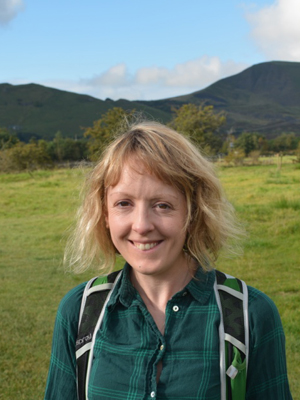That’s the finding of a two-year study by Natural England, which revealed that children living in the West Midlands and London were least likely to spend time outdoors in woodlands, parks or other wild places.
In comparison, children living in the North East are most likely to visit a natural environment, with 78 per cent visiting at least once a week.
The report found that children from Black, Asian and Minority Ethnic households (BAME) were less likely (56 per cent) to frequently visit natural environments, compared to children from non-BAME households (76 per cent).
Additionally, income was also found to be a factor, with children from higher income households being more likely to frequently take trips to the great outdoors – particularly if parents or other adults from the same household took frequent trips.
Dr Tim Hill, Natural England’s chief scientist said: "For the first time, the MENE (Monitor of Engagement with the Natural Environment) survey provides data to help us understand the scale and scope of children’s engagement with the natural environment across England. The report reveals significant inequalities in how children engage with the natural environment.
In households where adults regularly visit the great outdoors, 82 per cent of children were found to follow suit, compared to just 39 per cent of children in households where adults rarely visit natural environments.
The natural environments visited by children was also found to vary by region, with children living in the South West and North East more likely to visit woodland and the coast; while children from the East Midlands and South East were more likely to visit country or urban parks.
Natalie Johnson from non-profit organisation The Wild Network, which aims to encourage children to spend time outdoors, said: “The problems are fear, space, tech and time, and they vary massively across the country. In the countryside, the biggest barrier is busy country roads. Inner city kids have genuine gang problems.
“In middle class suburbia, it’s the parents – how do you tell parents that the time children play freely outside is as important as their French lesson, their ballet lesson and their Mandarin lesson?”
Johnson added: “Urban wildness is real and kids will find it themselves,” she said. “As parents, we don’t have to curate experiences – we just have to give them time.”
However, many children do still have the freedom to roam, as the study also showed that 22 per cent of children visit local natural areas without any adults present, either alone or with other children.
Professor Kevin Fenton, national director of health and wellbeing, Public Health England, said: "Making it easier and encouraging more children to enjoy the natural environment is an important part of their physical, mental and emotional development."

